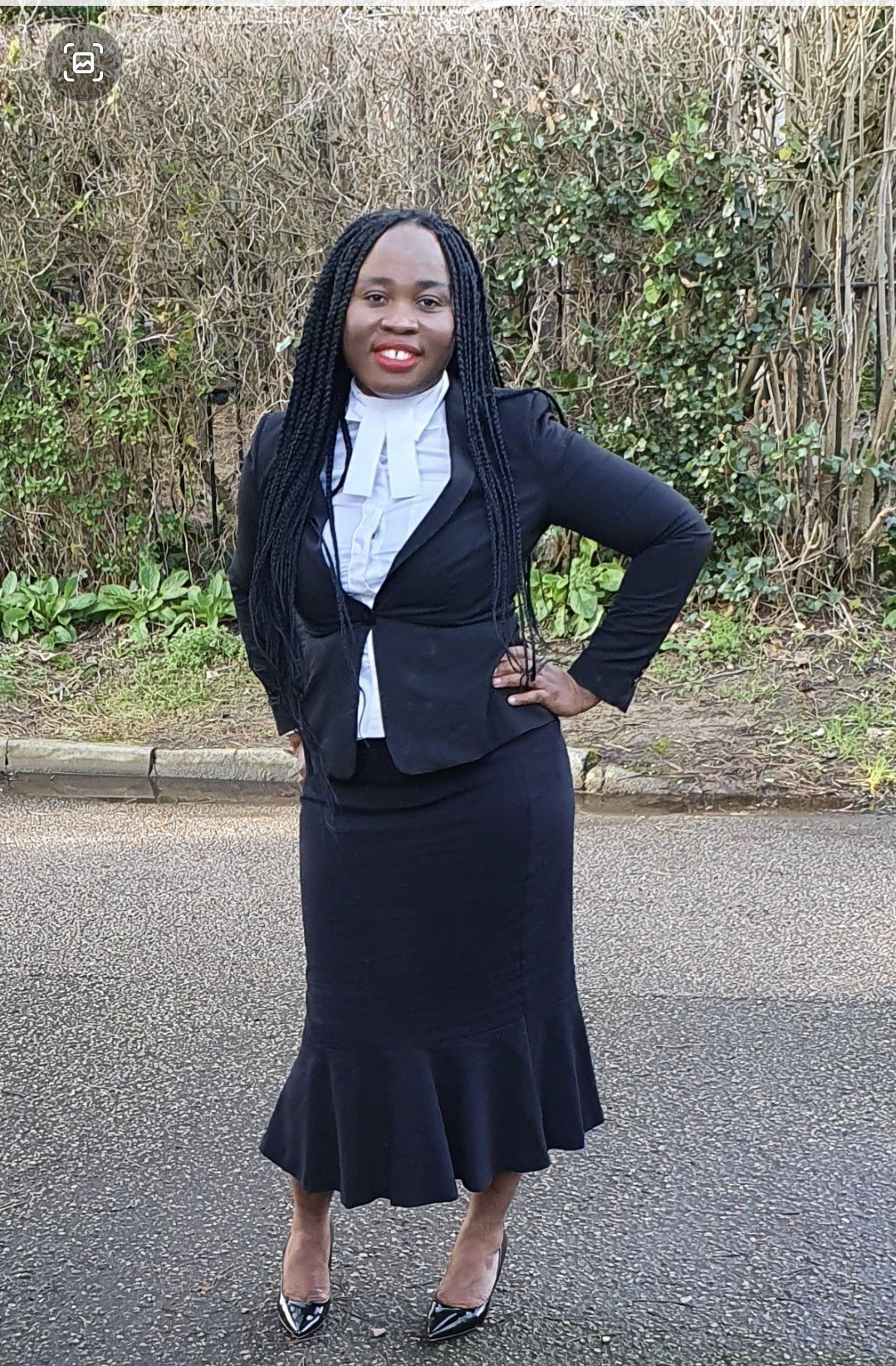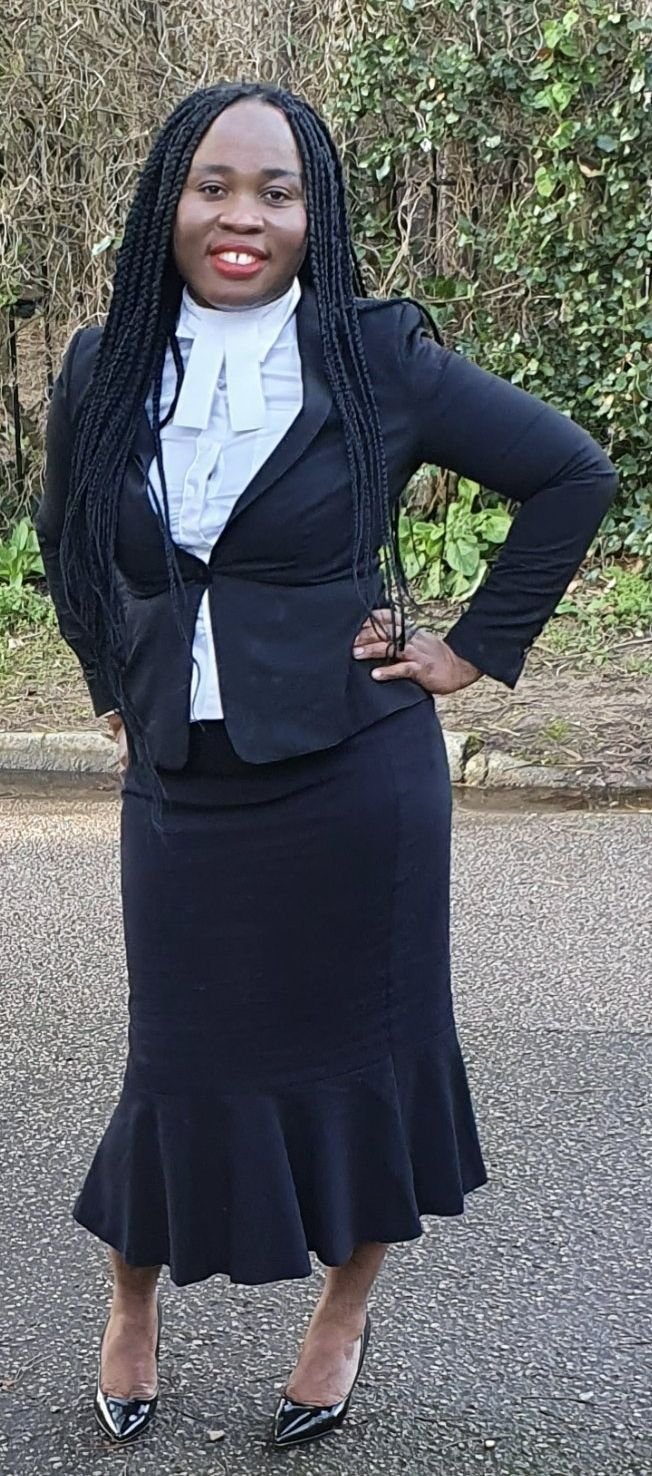Domestic Violence and Family Law
Protecting Victims and Seeking Justice

Introduction
Domestic violence is a deeply troubling issue that affects countless families across the United Kingdom. In the face of such adversity, family law plays a pivotal role in safeguarding victims, providing legal remedies, and promoting justice. In this comprehensive guide, we will delve into the intersection of domestic violence and family law, exploring the legal framework, protective measures, support services, and the path to justice. Whether you are a victim, a concerned friend or family member, or simply seeking to understand this critical issue, this article aims to provide valuable insights.
Section 1: Domestic Violence and Its Impact
Defining Domestic Violence
Domestic violence, often referred to as intimate partner violence, encompasses various forms of abuse, including physical, emotional, financial, and psychological mistreatment. It occurs within familial or intimate relationships and can have devastating consequences for victims.
The Impact on Victims and Families
The effects of domestic violence extend beyond the victim to affect children and the wider family unit. Victims may experience physical injuries, emotional trauma, and financial hardships. Children exposed to domestic violence may suffer long-term psychological and emotional scars.
The Role of Family Law
Family law serves as a vital framework for addressing domestic violence, offering legal protections and remedies to those affected. It plays a central role in ensuring the safety and well-being of victims.
Section 2: Legal Framework for Addressing Domestic Violence
Domestic Violence Protection Orders
Domestic Violence Protection Orders (DVPOs) are legal tools designed to provide immediate protection to victims. They can prohibit abusers from contacting or approaching victims and require them to leave the family home.
Non-Molestation Orders
Non-Molestation Orders are court orders that prevent an abuser from harassing, intimidating, or molesting the victim. They are essential for ensuring the safety and well-being of victims.
Occupation Orders
Occupation Orders dictate who can live in the family home and can restrict an abuser's access. These orders are crucial for ensuring the victim's safety and security.
Section 3: Seeking Legal Assistance
Legal Aid
Legal aid is a vital resource for victims of domestic violence who require legal representation. It ensures that individuals can access legal services regardless of their financial circumstances.
Consulting with Family Solicitors or Family Barristers
Consulting with experienced family solicitors who specialise in domestic violence cases is crucial. These legal professionals can provide guidance, support, and representation throughout the legal process.
Safety Measures
Safety measures, such as confidentiality and protection from abusers, are in place to safeguard victims when seeking legal assistance. Ensuring the victim's safety is a top priority.
Section 4: The Family Court Process
Emergency Applications
In cases of immediate danger, victims can make emergency applications to the family court for protection orders. These applications prioritise the victim's safety and well-being.
Child Arrangements or Child Custody and Contact Arrangements
Domestic violence can have significant implications for child custody and contact arrangements. The court's primary concern is the safety and welfare of the child, and appropriate measures are taken to protect them.
Evidence and Documentation
Gathering evidence and documentation is essential for supporting domestic violence claims in court. Victims should document incidents, injuries, and any communication with the abuser.
Section 5: Support Services for Victims
Crisis Helplines
Crisis helplines provide immediate support to victims of domestic violence. They offer guidance, counselling, and information on available resources.
Refuge Accommodation
Refuge accommodation offers a safe haven for victims who need to escape an abusive environment. These shelters provide a secure place to stay while victims plan their next steps.
Counselling and Emotional Support
Counselling and emotional support services help victims cope with the trauma of domestic violence. These services are crucial for healing and recovery.
Section 6: Raising Awareness and Advocacy
Community Education
Raising awareness through community education programs is essential to prevent domestic violence. These initiatives promote healthy relationships and provide information on available resources.
Advocacy for Legal Reforms
Advocacy efforts continue to push for legal reforms that strengthen protections for domestic violence victims. These efforts aim to improve support systems and ensure justice for survivors.
Collaboration with Law Enforcement
Collaboration between family law professionals and law enforcement agencies ensures a coordinated response to domestic violence cases. This cooperation is vital for victim safety and abuser accountability.
Conclusion
Domestic violence is a deeply distressing issue that requires a multi-faceted approach, with family law playing a central role in protecting victims and seeking justice. This comprehensive guide has delved into the legal framework, protective measures, support services, and advocacy efforts related to domestic violence and family law in the United Kingdom.
By understanding the intersection of domestic violence and family law, we can work towards a society where victims are protected, abusers are held accountable, and justice prevails. It is crucial to continue raising awareness, advocating for legal reforms, and providing support to those affected by domestic violence, as we strive to create a safer and more equitable society for all.
Not legal advice








